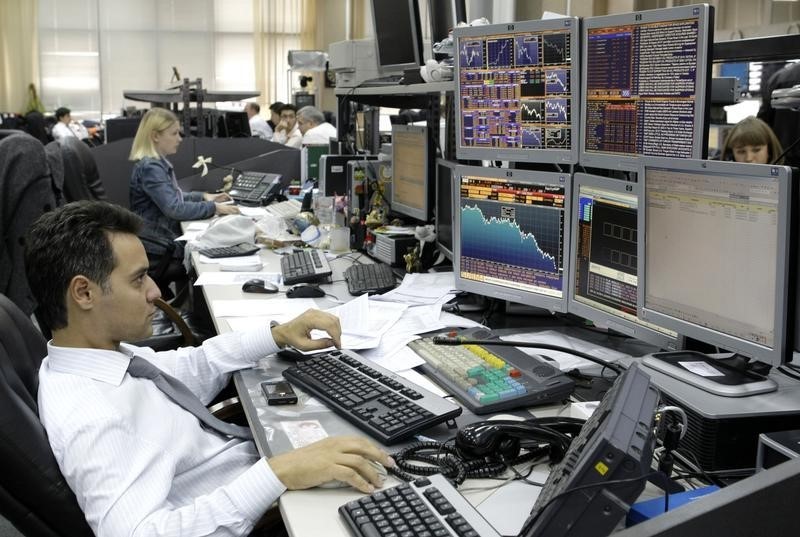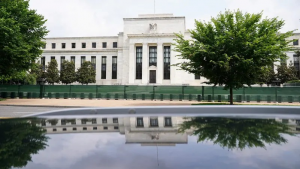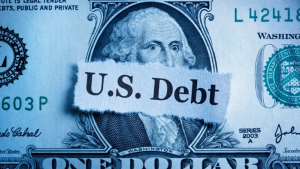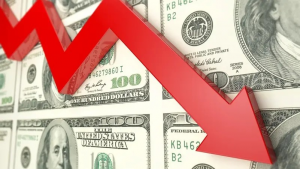Global stocks retreated in a risk-off session as traders prepared for data that may offer insights about the health of the US economy and the Federal Reserve’s interest-rate path. The yen rallied while the dollar advanced.
Most Read from Bloomberg
A Guide to Urban Swimming in Europe, Beyond the Seine
Dense Cities With Low Emissions Suffer Most From Air Pollution, Study Finds
Futures contracts for the S&P 500 dropped 0.5% ahead of Wall Street’s reopening after the gauge closed within a whisker of its all-time high on Friday. Nvidia Corp. fell more than 2% in premarket trading as most members of the Magnificent Seven technology stocks lost ground.
In what is historically a poor month for stocks, traders are bracing for fresh bouts of volatility in the runup to the anticipated start of the Fed’s rate-easing cycle this month. Swap traders are currently pricing a roughly one-in-five chance of a 50 basis-point opening cut, according to data compiled by Bloomberg.
The publication of US manufacturing data later Tuesday will mark the start of a busy week of economic reports, culminating with nonfarm payrolls statistics on Friday. A similar series of releases in August induced fears that the US economy was heading for a hard landing, whiplashing markets.
“Markets need to be careful what they wish for to some extent,” Daniel Murray, deputy chief investment officer and global head of research at EFG Asset Management, said in an interview on Bloomberg Television. “If rates decline by a lot, and very quickly, then that would typically signify a very weak macro environment, and that usually isn’t very good for equity markets.”
The yen rallied 0.6% to around 146 against the dollar after Bank of Japan Governor Kazuo Ueda reiterated that the central bank will continue to raise interest rates if the economy and prices perform as expected.
Arif Husain, the head of fixed-income at T. Rowe Price who sounded the alarm on Japan’s rising interest rates last year, warned that there’s more market volatility ahead after the nation’s rate hike in July helped trigger a sharp reversal of the yen carry trade.
“BOJ monetary tightening and its impact on the flow of global capital is far from simple, and it will have a large influence over the next few years,” Husain said.
The dollar rose for a fifth day, its longest winning streak since mid-April. Treasury yields were little changed.
Europe’s Stoxx 600 dropped 0.5% as mining equities declined on the back of softer commodity prices, while a gauge of Asian stocks was flat.
Oil fluctuated as traders weighed concerns over China’s dour economic outlook against supply disruptions in Libya.













